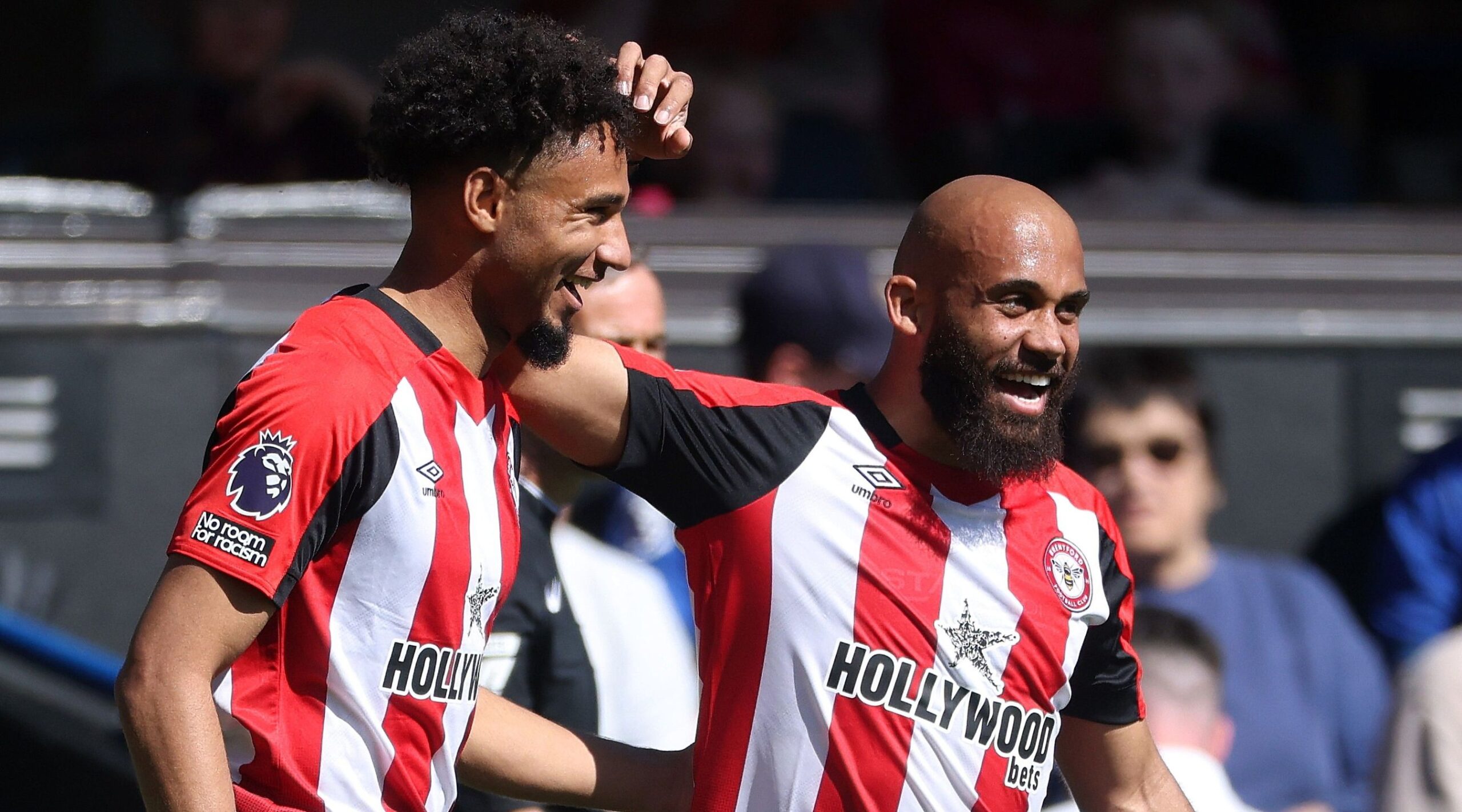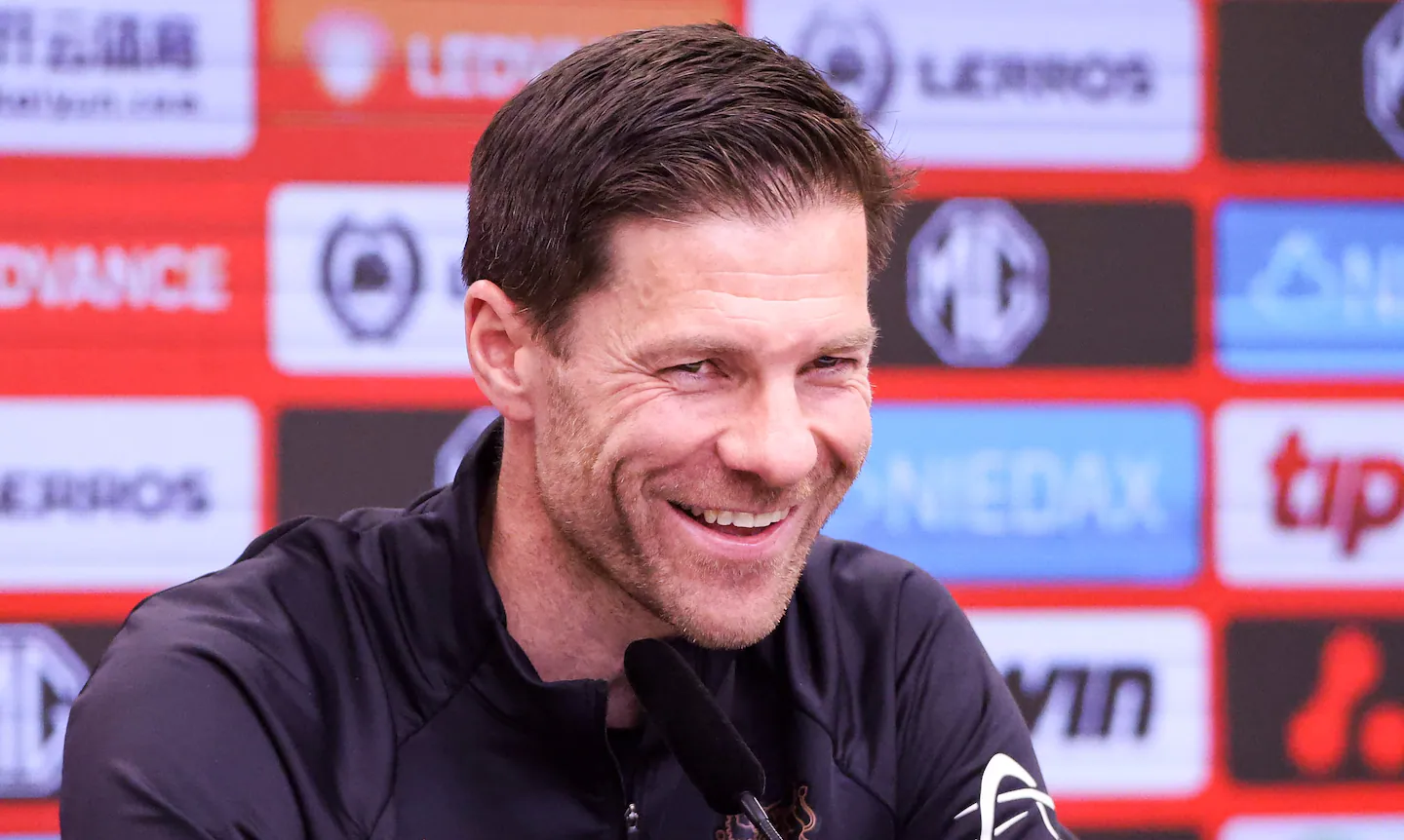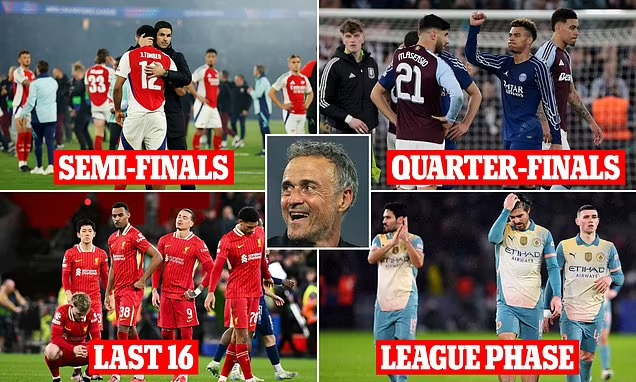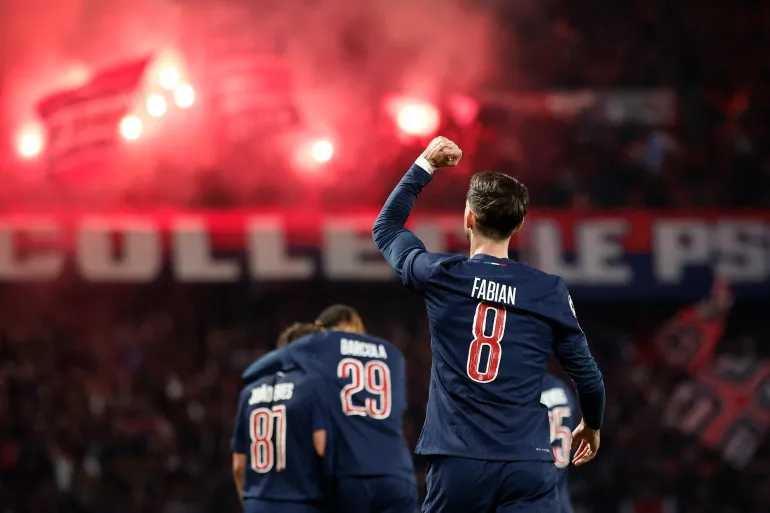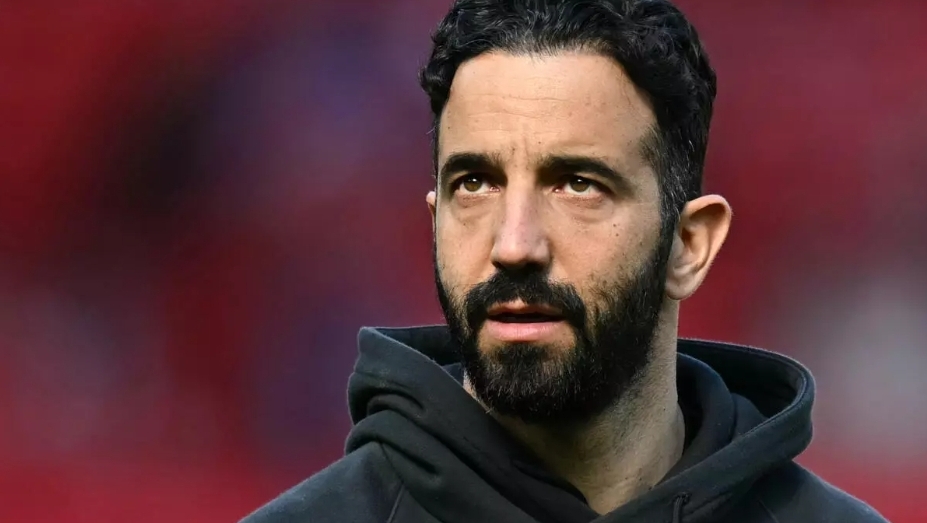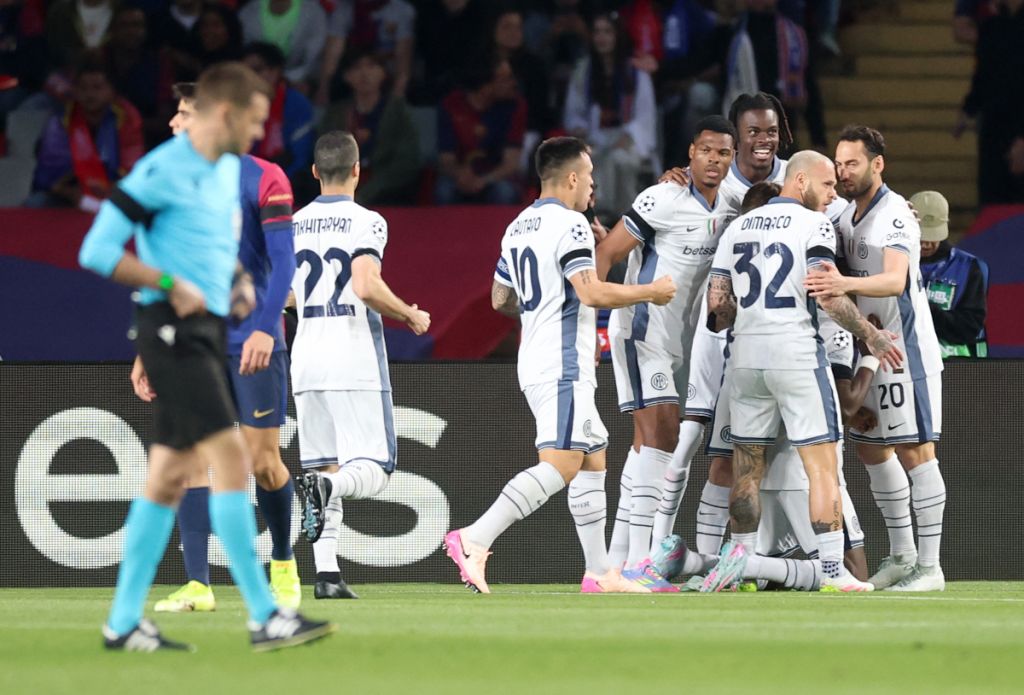Barcelona stages thrilling rally to top Real Madrid and move to brink of title
Barcelona mounted a spectacular comeback to beat Real Madrid 4-3 and move to the brink of the La Liga title after overcoming a hat trick from Kylian Mbappe on Sunday.
The France striker threatened to haul Madrid back into the title race, but Raphinha’s double and goals from Lamine Yamal and Eric Garcia gave Barcelona a seven-point lead over the reigning champion with three matches remaining.
Hansi Flick’s side was knocked out of the Champions League by Inter Milan in the semifinals on Tuesday and was at risk of its season collapsing if it lost to Madrid. Barcelona, though, rallied after after Mbappe’s early brace.
Barcelona battled back to claim a fourth “clasico” victory from four meetings this season, showing its dominance over Carlo Ancelotti’s side.
“We’ve opened up an important gap, it was key to win this game after the Champions League, the fans have forgotten it and so have we, let’s enjoy this,” Yamal said.
“It was important to win today to bring the league title closer, and it went very well, we’re very happy.”
Real Madrid is set to finish the season without a major trophy.
“We have to defend better, that is quite evident from today’s game, we defended badly and that’s that,” Ancelotti said.
“Mbappe did well … in an attacking sense the team had clear ideas, but we could have defended better.”
Madrid made the perfect start to what is expected to be the Italian coach’s final clasico.
Mbappe earned a penalty when he was scythed down by Barcelona goalkeeper Wojciech Szczesny, although the Catalans argued in vain that the forward was offside in the buildup.
The striker beat Szczesny, who dived the right way and got his fingers on it, but could not keep it out
Mbappe doubled Madrid’s advantage in the 14th minute with a lethal finish after Vinicius Junior played him through, with Barcelona complaining again about a perceived foul on Yamal earlier in the move.
It was his 26th La Liga strike, taking him past Barcelona’s Robert Lewandowski, who has 25, at the top of the scoring charts, and his 38th of the season across all competitions, beating Ivan Zamorano’s club record of 37 in a first season with Los Blancos.
Just as it has done on so many occasions this season, Flick’s spirited, young Barcelona team fought its way back in front with a stirring comeback.
Garcia headed home Ferran Torres’ flick-on from a corner to spark it.
Then Madrid could not stop 17-year-old star Yamal from evening the score with a cultured bending effort beyond Thibaut Courtois after Torres laid the ball off to him.
Two minutes later, Raphinha drilled Barca ahead, with Pedri threading him through.
Mbappe thought he had won another penalty when he fell under pressure from Frenkie de Jong, but VAR revealed an offside in the buildup.
Moments later, Raphinha netted his second, picking Lucas Vazquez’s pocket on the edge of the area, exchanging passes with Torres and beating Courtois.
Mbappe netted from an offside position before the break, bringing a roller-coaster first half to a close.
Yamal had a goal ruled out for offside early in the second half as Barcelona looked to put its archrival to the sword.
Vinicius, however, got behind Barca’s high line, and he fed Mbappe for his hat trick.
Barcelona appealed for a penalty when Aurelien Tchouameni blocked Torres’ shot with his arm, but the referee did not give it despite being called to review it by VAR.
Real Madrid substitute Victor Munoz fired high and wide when sent through, and Szczesny denied Mbappe, who had another strike ruled out for offside.
“For me it’s not always fun, sometimes I really suffer a lot,” admitted Flick, who said his team made too many mistakes in defense.
Barcelona thought it had wrapped up the win with a superb Fermin Lopez solo effort, but it was harshly disallowed for handball.
Madrid had no time left to fight back, though, and Barcelona, which last won the league in 2023, can seal the title as early as Wednesday, should Los Blancos stumble against Mallorca.
If Madrid avoids defeat, Barcelona can claim the championship with a win at Espanyol the next day.
“We’ll seal it on Thursday and that’s all,” said Torres.



